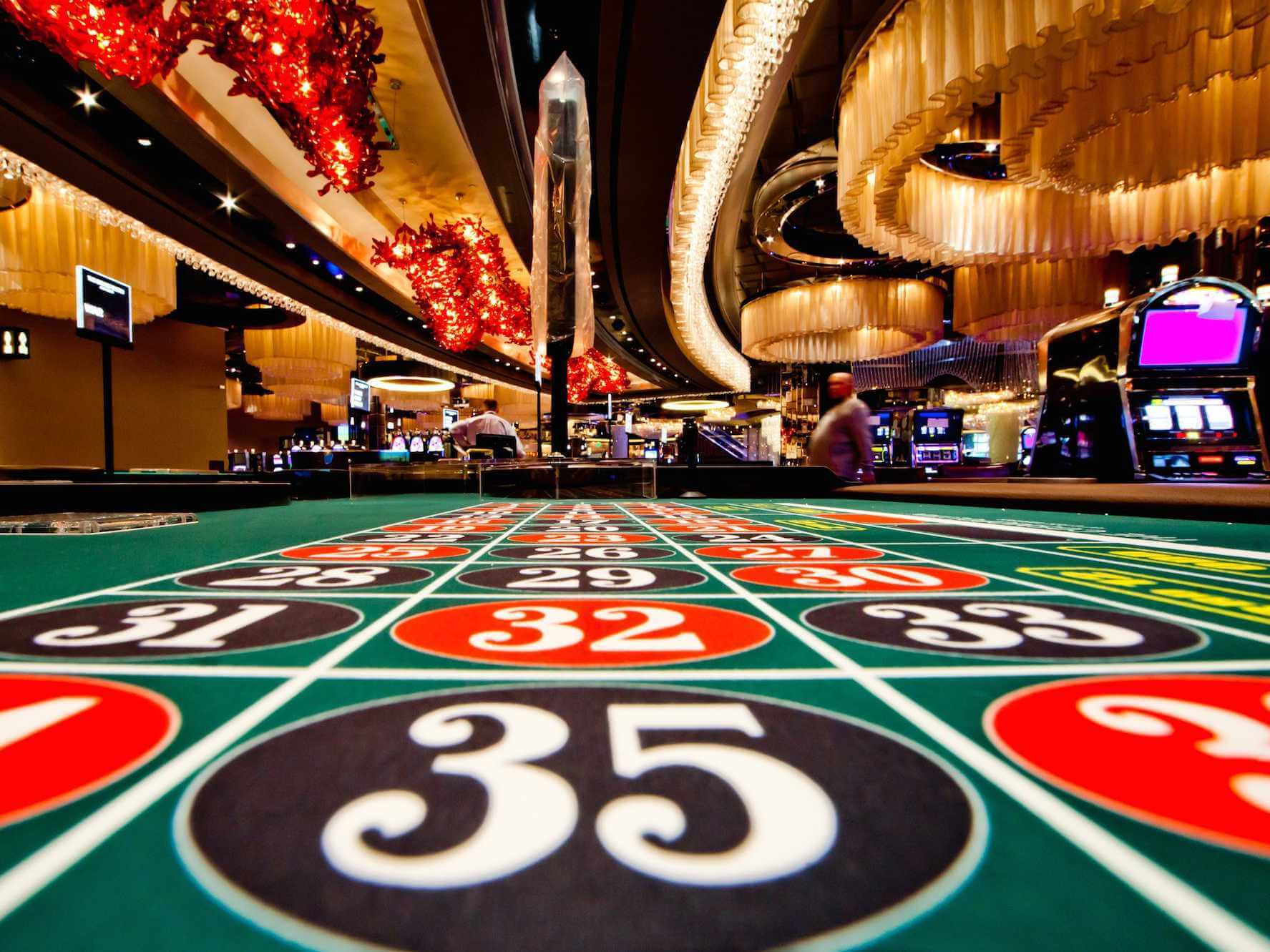
Casino games have long been a staple in human culture, providing not just entertainment but a captivating reflection of our aspirations, wishes, and concerns. From the turning reels of a slot machine to the strategic gameplay of poker, these games represent a range of human sentiments and events. At their core, casino games are not just a chance to make profits; they are a reflection of life itself, where danger and gain intertwine and luck can change in an instant.
As players assemble around tables or sit in front of vibrantly illuminated machines, they engage in a ritual that transcends mere gambling. These games mirror our natural desires for connection, excitement, and the search for fortune. They also reveal deeper truths about human nature, such as our relationship with luck and the thrill of the unknown. In exploring casino games, we uncover not only the mechanics of play but also the intricate pattern of the human story, showcasing our intertwining narratives of goal and reality.
The Psychology of Gambling
Wagering is deeply rooted in human psychology, tapping into various emotions and wants. The thrill of risk-taking is a core aspect that draws players in, whether it’s thrill of spinning a roulette wheel or the excitement of drawing a winning card in a poker game. This adrenaline is frequently likened to other forms of excitement, as the uncertainty of outcomes triggers a distinct psychological response. Gamblers often become entranced by the chance of winning big, leading to an irresistible draw toward gambling games.
Another, a crucial component of the psychology behind gambling is the concept of hope and aspiration. Players often indulge in dreams of financial freedom and the opulent lifestyle that can follow winning. This hope fuels their ongoing participation in casino games, as it provides a sense of purpose and the conviction that a transformative win could be just one bet away. The story of overcoming odds and achieving success resonates with many, reinforcing their dedication to play and engage with these games.
Lastly, social aspects play a significant role in gambling psychology. Casino environments are designed to foster social interaction, where players gather to share the experience of wins and losses. This shared aspect not only enhances enjoyment but also influences behavior, as individuals often mimic the actions of others in their vicinity. The collective approval found in shared excitement can magnify the emotional experience, making casino games a mirror of not just personal desires but also collective engagement within the gaming community.
## The Dual Nature of Risk and Reward
Casino games embody the delicate balance between risk and reward that resonates deeply with human nature. The excitement of placing a wager is often accompanied by a surge of excitement, as participants are confronted with the prospect of striking it rich, yet fully aware of the potential to suffer losses. This bipartisan experience reflects a core aspect of life: the decisions we face often come with built-in risks, and the quest for benefit can push us to embrace risks we might not typically consider. In this way, casino games mirror real-world choices, enticing players to risk not just their money, but also their hopes.
The allure of jackpot prizes and winnings fuels a feeling of positivity, inspiring players to imagine a more promising future that could emerge from a single victorious spin of the wheel or turn of a card. This hope can compel individuals to engage in greater risks, pushing them to extend their limits in search of financial gain. However, just as in life, the outcomes of these risks can lead to both triumph and despair. The narratives of both jackpot winners and those who have faced losses everything at the casino demonstrate the chaotic nature of luck and its consequential impact on our lives.
Ultimately, the interaction of engaging with gambling activities serves as a vivid illustration of the nature of humanity. Every session played is filled with the tension of ambiguity, as players weigh the gains against the risks. This balance not only highlights the excitement that comes with gambling but also reveals the risks that come with the longing for more. As we journey through the challenges of decision-making and consequence in both the casino and in life, we find that the quest for gain shapes our sense of self and journeys in profound ways.
Society and Loneliness in Gambling Culture
Casino environment is a distinct combination of social engagement and individual endeavor, reflecting the tensions of human experience. Gamblers often gather around tables, sharing in the excitement of the game, rejoicing in wins, and sympathizing over losses. This communal aspect is crucial, as it fosters a sense of belonging and bonding among varied groups of people. Regular visitors to gaming establishments may form friendships and establish routines, turning the gambling venue into a second home where they feel connected to a larger community of gamblers.
However, the allure of casino games can also lead to isolation. As individuals become engrossed in the excitement of playing, they may withdraw from personal connections or fail to interact with the environment outside the casino. For some, the search of a jackpot can overshadow real connections, leading to isolation. The experience of being among people yet experiencing solitary is not rare, as the focus shifts from shared enjoyment to the individual stakes of each individual’s path.
This interplay of community and solitude creates a rich tapestry that defines casino atmosphere. It showcases the intricacy of social interactions, where happiness and sorrow exist together. Gambling venues serve as both a sanctuary for social engagement and a platform for individual struggles, demonstrating how deeply connected our yearning for companionship and the personal quest for fortune can be. In navigating this environment, gamblers confront their own stories—seeking both the rush of the game and the fellowship of other players, eventually mirroring the wider spectrum of human experience. non GamStop casinos
